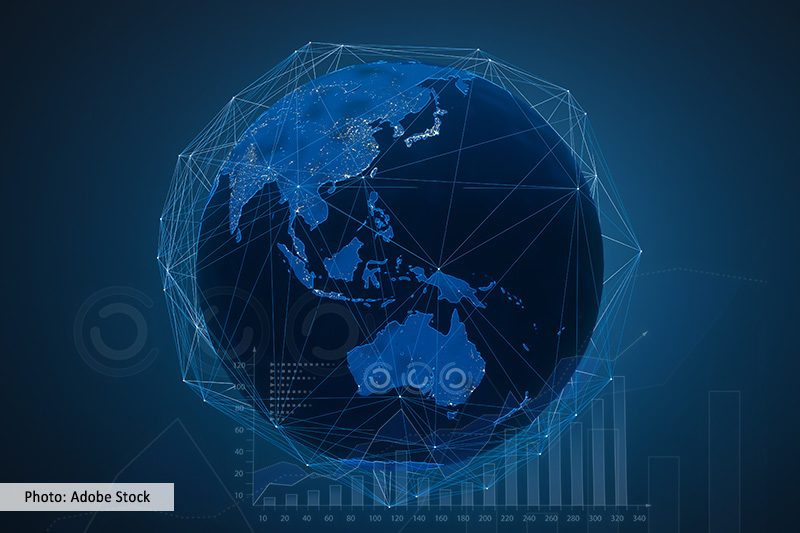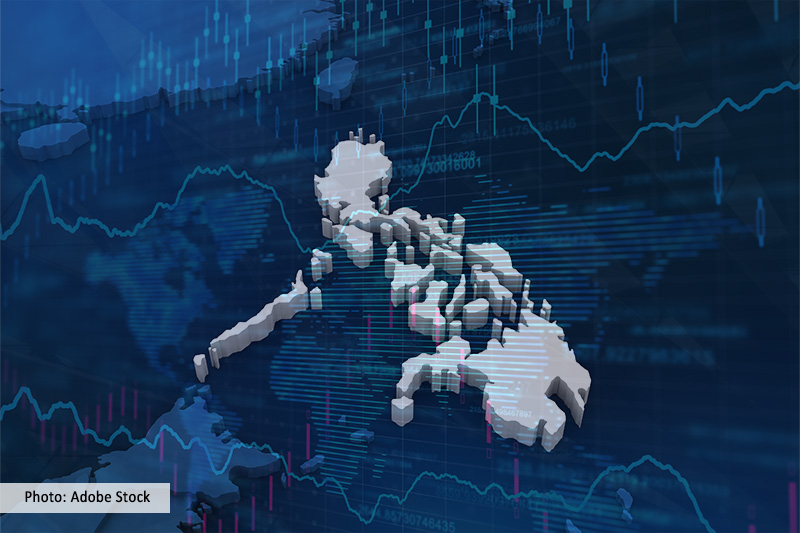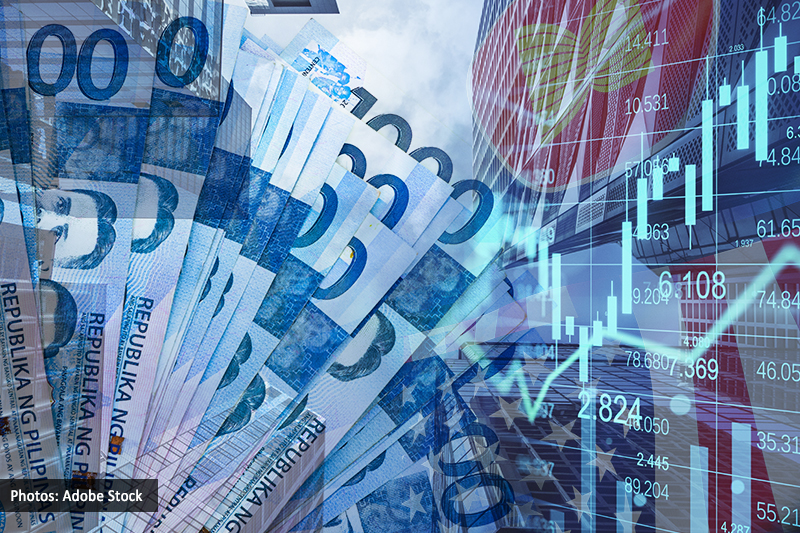The Philippines, with nearly 80 percent of its territory marine waters, can boost growth by sustainably harnessing marine resources and developing its “blue economy,” experts said.
Dr. Rhodora Azanza, former president of the National Academy of Science and Technology, and Dr. Maria Christina Paler, assistant professor at the University of San Carlos (USC), noted the Philippines’ position as a maritime nation and the need to balance resource use with sustainability.
They spoke at a symposium on “Shaping APEC’s Blue Economy Agenda: Philippine Leadership and Visayas-Centric Innovations,” organized by the Philippine APEC Study Center Network (PASCN) of the Philippine Institute for Development Studies (PIDS) and USC.
“The Philippines is more water than land. We are almost 75 percent to 80 percent marine, and only less than 30 percent land,” Azanza said.
“Most Filipinos are coastal dwellers, especially in the Visayas, and we need to harness this potential,” she said.
Azanza cited tourism, renewable energy, ports and drug development as key opportunities. She also stressed interdisciplinary approaches and legislation like the Philippine Ecosystem and Natural Capital Accounting System (PENCAS).
Coastal and marine tourism could drive economic growth, particularly in the Visayas.
“About 12.7 percent of the GDP was estimated to come from biodiversity tourism in 2019,” she said.
Port development is crucial for economic expansion, enhancing trade and connectivity, she said.
The country’s coastal and marine areas offer potential for renewable energy generation.
“The Department of Energy estimated in 2020 that 15 sites were qualified to generate an estimated 265 million megawatts of electricity,” Azanza said.
Paler cited the importance of sustainable sea fishing for food security and employment.
“Marine fishing is a key component of the blue economy, because it provides a substantial amount of our globally consumed animal protein, and in the Philippines, it ensures food and employment security,” she said.
Both experts stressed the need to preserve marine ecosystems for a sustainable blue economy and to leverage science and technology.












